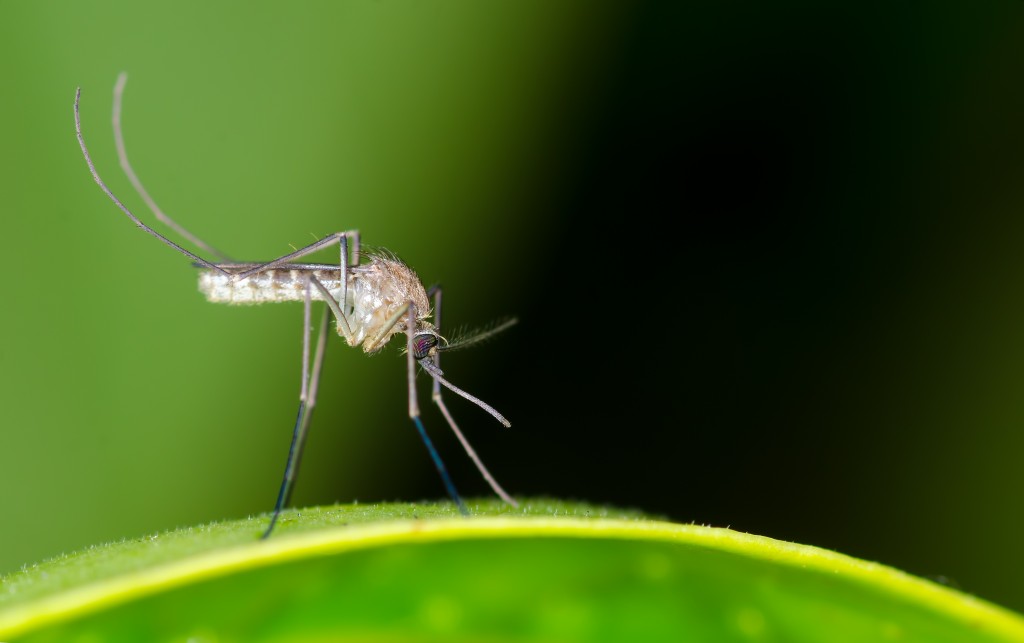Our dependence upon drugs to control the spread of deadly diseases is becoming a double edged sword. On one hand, it keeps the communities healthier, but on the other side, it will only work for so long. We have seen this with many drugs, and each has the same result: over time, the drug is not as consistent in treatment and resistance begins to occur. We are now seeing it with artemisinin, a drug normally given as part of combination therapy for malaria.
Drug-Resistance Inevitable
According to an article from the BBC, the effectiveness of artemisinin is weakening as resistance grows in Cambodia, Laos, Thailand, Vietnam, and Myanmar (Burma), including a region that’s just 15 miles from India. In fact, experts said the development was “alarming” and an “enormous threat”. Why is this resistance occurring? It’s simply evolution. We can only control the disease for so long. Eventually, it will learn to adapt. Such is the case for artemisinin.
The BBC notes that this when this type of crisis has happened before , it spread into other regions of the world:
Chloroquine probably saved hundreds of millions of lives, but resistance was discovered in 1957 around the border between Cambodia and Thailand. Resistance spread around the world and reached Africa 17 years later.
There is no evidence of artemisinin resistance in Africa yet, although there is concern that history is about to repeat itself with deadly consequences.
Malaria Facts
Malaria is caused by parasites that are transmitted to people through the bites of infected mosquitoes. About 3.2 billion people – almost half of the world’s population – are at risk of malaria. Malaria killed 627,000 worldwide in 2012, mostly children younger than five years old. In fact, it is estimated that every minute a child dies of malaria. According to the CDC, treatment of malaria depends on many factors including disease severity, the species of malaria parasite causing the infection and the part of the world in which the infection was acquired. The latter 2 characteristics help determine the probability that the organism is resistant to certain antimalarial drugs. Additional factors such as age, weight, and pregnancy status may limit the available options for malaria treatment.
How This Could Affect You
Just because this drug-resistant malaria is on the other side of the world, does not mean it can’t affect you. The CDC discusses how malaria can quickly be transmitted into the United States.
Mosquito-Borne Malaria
Outbreaks of locally transmitted cases of malaria in the United States have been small and relatively isolated, but the potential risk for the disease to re-emerge is present due to the abundance of competent vectors, especially in the southern states. At the request of the states, CDC assists in these investigations of locally transmitted mosquito-borne malaria.
“Airport” Malaria
“Airport” malaria refers to malaria caused by infected mosquitoes that are transported rapidly by aircraft from a malaria-endemic country to a non-endemic country. If the local conditions allow their survival, they can bite local residents who can thus acquire malaria without having traveled abroad
Congenital Malaria
In congenital malaria, infected mothers transmit parasites to their child during pregnancy before or during delivery. Therefore, though congenital transmission is rare, health-care providers should be alert to the diagnosis of malaria in ill neonates and young infants, particularly those with fever.
During evaluation, health-care providers should obtain a complete and accurate travel and residency history on the patient and close relatives. Patients should be asked about transfusion of blood products.
The absence of recent foreign travel or a long interval between immigration of the mother and the birth of the infant being examined should not discourage clinicians from obtaining blood films on the patient to rule out a potentially life-threatening but treatable infection.
Transfusion-Transmitted Malaria
Transfusion-transmitted malaria is rare in the United States, but it is a potential severe complication in blood recipients. On average, only one case of transfusion-transmitted malaria occurs in the United States every 2 years.
Because no approved tests are available in the United States to screen donated blood for malaria, prevention of transfusion-transmitted malaria requires careful questioning of prospective donors.

